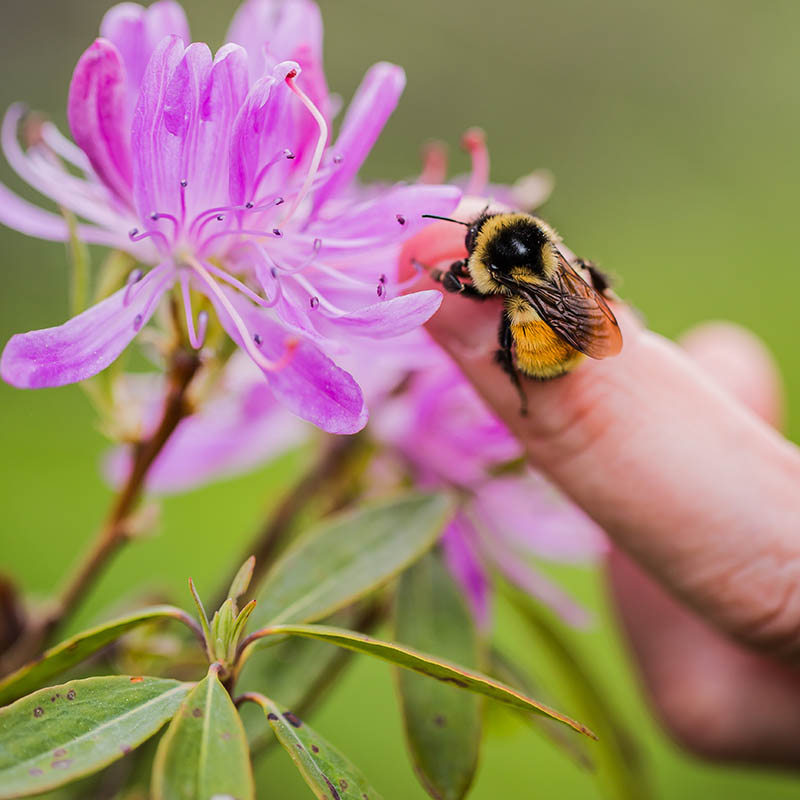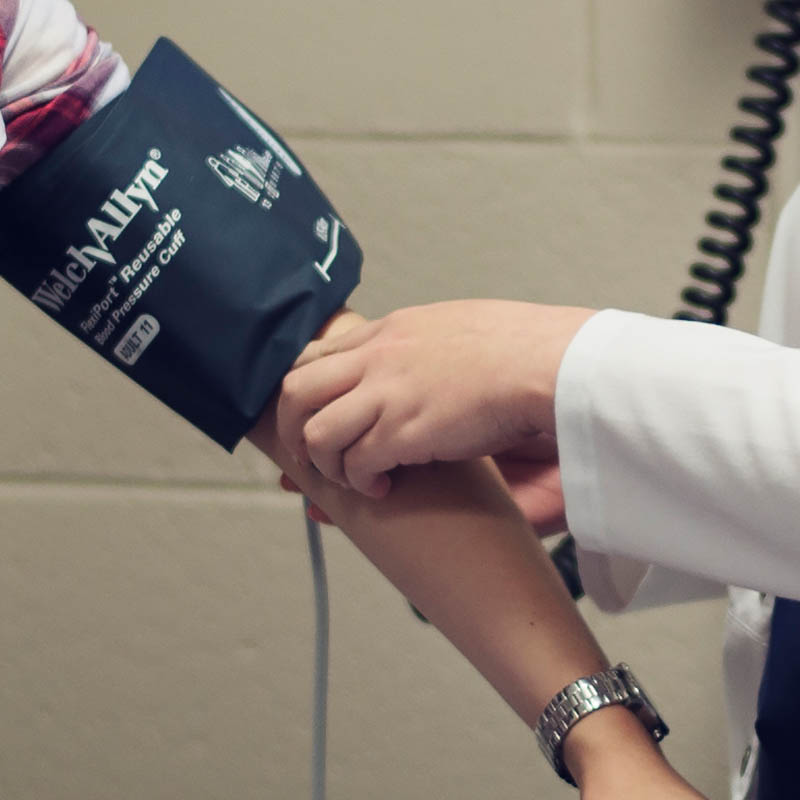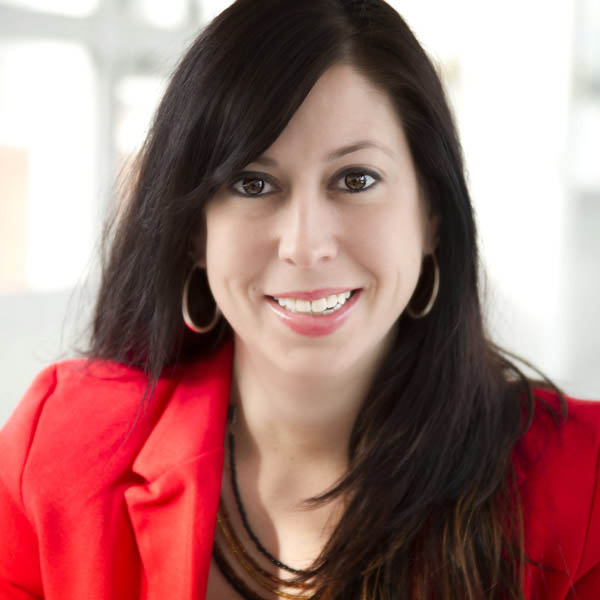Research Report: 2019
▼ Choose a report:

Powered by Research & Graduate Studies

Powered by Arts and Social Science

Powered by Fine Arts

Powered by Science and the Environment


Erica Hurley
Nurse educator Erica Hurley’s PhD work examines Mi'kmaw women's understanding of Kamulamun (heart) health and wellbeing.
Through a community-based participatory research study, the Western Regional School of Nursing educator is focusing on cardiovascular disease (CVD) in Indigenous women.
According to literature, cardiovascular disease remains the leading cause of death amongst the Indigenous peoples of Canada, with Indigenous women at a greater risk of experiencing heart disease than non-Indigenous women.
Her research aims to examine the experiences of Mi'kmaw women with respect to their understanding of "heart" in relation to health and wellbeing. In addition, she hopes to "co-conceptualize meaningful and sustainable interventions focused on heart health and wellbeing that are grounded in the knowledge and experiences of women and their communities."
Ms. Hurley, who herself is Mi'kmaq, referenced that the literature states an individual's illness and health care experience are two aspects directly related to gender and culture. The current understanding of CVD is shaped by the hierarchy inherent within the biomedical model of health in Western medicine. There currently is no research focused on the experience of Mi'kmaq women and their understanding of heart health and wellbeing. Without understanding the cultural and gendered experiences of Mi’kmaq women, successful interventions are difficult to develop and often do not reflect the specific social, political, historical and cultural dimensions necessary to have an impact. Indigenous peoples have their own knowledge systems, ways of knowing and health practices, which must form a central aspect to any interventions focused on heart health and wellbeing for Indigenous communities.
She said her knowledge, which is grounded in Mi’kmaq knowledge systems, has shaped her methodological approach and is reflective of Indigenous research methodologies.
"I am guided by my understanding of Msit No’kmaq (All my relations), which is central to all that I am and do," she said. "This relational understanding values multiple worldviews and ways of knowing, while working towards a better understanding of multiple realities within Indigenous experiences. Using a community based participatory design will enable me to work closely with the community."
Central to her work alongside the communities is a focus on language and the use of words, such as Kamulamun (heart). Grounding interventions in Indigenous knowledge is critical to the relevance and meaningfulness of care and holds the possibilities to address current health inequities by designing new pathways to health and well-being for and with Indigenous peoples.
"Building on my relationships with communities, I will further strengthen the involvement of Elders, community leaders, families, and women who are affected by CVD," said Ms. Hurley. "My methodological approach is grounded in ceremony and reflects the unique worldviews and knowledge held by Mi’kmaq communities."